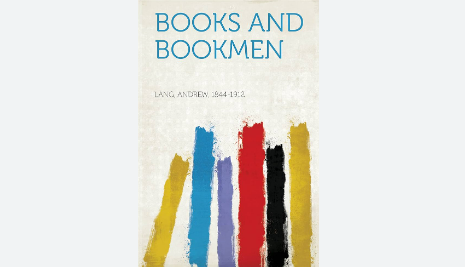Literary Forgeries
byLiterary Forgeries have long held a captivating and dangerous allure in the world of book collectors. These deceptive imitations of famous literary works blend art, illusion, and obsession, drawing many into their complex and often treacherous web. One of the most infamous figures in this shadowy world was Jean-Baptiste Duval, a French bibliophile whose passion for rare books led him to commit the ultimate betrayal of trust—creating forgeries of some of the most sought-after works in literary history. While Duval was celebrated for his impeccable taste and impressive collection, filled with centuries-old volumes and first editions, a secret lay hidden within his beloved library, one that would eventually unravel his career and reputation.
Duval’s collection was more than just a hobby—it was a symbol of his intellectual stature and societal position. His name echoed through the Parisian book market, known for his taste in acquiring rare and valuable literary treasures. However, despite his vast knowledge and wealth, Duval became fixated on obtaining works thought to be lost forever—pieces by literary giants like Molière and Voltaire. When the prices for such coveted items rose beyond his means, his desire for these rare books turned into desperation. Faced with the impossibility of acquiring them through legitimate means, Duval turned to forgeries, using his keen eye and craftsmanship to create convincing copies of long-lost manuscripts. These fake works were so well-crafted that even the most discerning collectors could not detect the deception, and Duval’s reputation as a trusted bookseller gave him the perfect cover to sell his forgeries.
What began as a personal indulgence—adding forged works to his collection—soon evolved into a full-scale operation. Duval began selling his counterfeit manuscripts for exorbitant prices, fooling other collectors into believing they had stumbled upon priceless treasures. His forged edition of Molière’s lost play, for example, fetched an astronomical price at an auction, further solidifying his status as a respected booksman, albeit one with a dark secret. The success of his forgeries fueled his obsession, and his growing collection of fake literary works became more elaborate. However, as is often the case with grand deceptions, the truth eventually surfaced. A scholar named Émile Durand, deeply familiar with Molière’s works, noticed an anomaly in one of Duval’s manuscripts. A particular phrase in the play did not align with Molière’s known style, leading Durand to investigate further. After careful analysis, the forgery was uncovered, revealing Duval’s dishonest enterprise to the literary world.
The scandal that followed shattered Duval’s carefully constructed reputation. Once revered as a booksman of unparalleled skill, he was now seen as a fraud, his forgeries tainting the very legacy he had built. The collectors who had purchased his counterfeit books were left devastated, realizing that their prized possessions were nothing more than cleverly crafted fakes. Duval’s entire library was seized by the authorities, further deepening his fall from grace. Yet, despite the scandal and the financial ruin that followed, Duval’s forgeries remained, oddly enough, a testament to his craftsmanship. While fraudulent in nature, some critics began to view his works as masterpieces of art in their own right. The skill and precision with which he created these fakes were so remarkable that they garnered a degree of respect, though it could not erase the fraudulent nature of his actions.
Duval’s story serves as a cautionary tale within the world of book collecting, where the pursuit of rare literary treasures can easily lead to ethical compromise. His obsession with possessing books of great value blinded him to the moral pitfalls of his actions, ultimately resulting in his downfall. The world of literary forgeries remains a shadowy part of book history, where ambition, greed, and the allure of rare books can lead even the most knowledgeable bibliophiles astray. As Duval’s fate illustrates, the temptation to own pieces of literary history can be so powerful that it drives individuals to risk everything—integrity, reputation, and personal relationships—just to possess the objects of their desire. In the end, his forgeries, though fraudulent, serve as an enduring reminder of the fine line between the pursuit of knowledge and the dangers of obsession in the world of book collecting.


